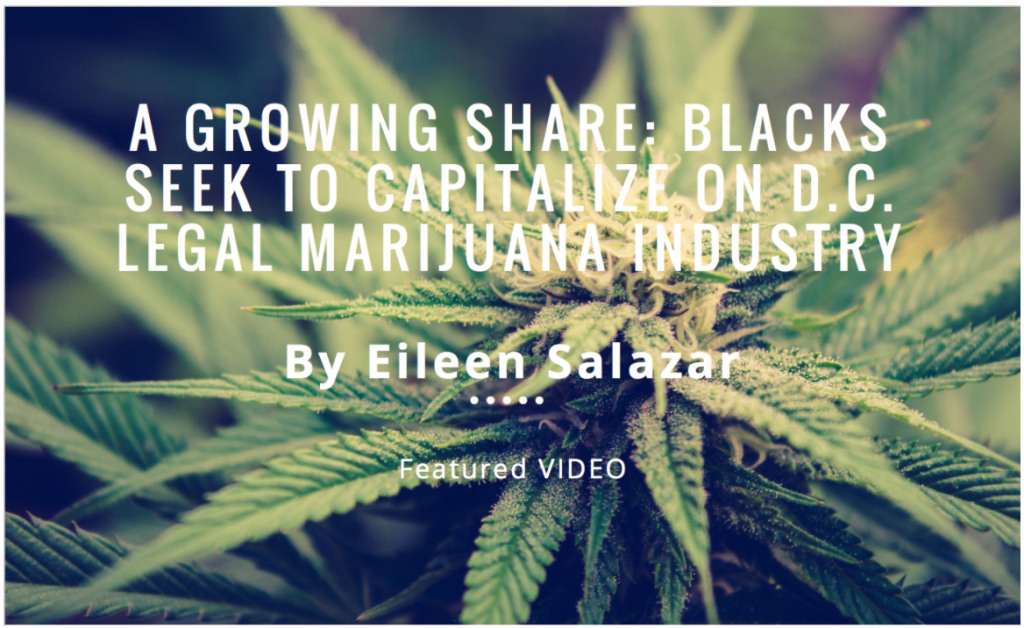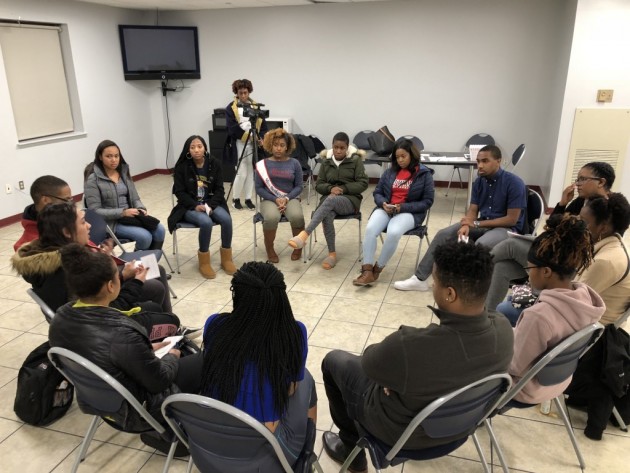Washington, D.C. celebrated the 143rd anniversary of the District of Columbia’s Emancipation Act on April 16, the only act that stands as an example of compensation by the federal government to freed slaves.
On January 4, 2005, Mayor Anthony Williams signed legislation making Emancipation Day an official public holiday in the District.
“It’s great that African Americans are being recognized in Washington,” Kyana Crawford said, a junior Howard University student. “Everyone needs to be aware of what Emancipation Day is and why it is important.”
On April 16, 1892, President Abraham Lincoln signed a bill ending slavery in the District of Columbia. Passage of this act came nine months before President Lincoln issued his Emancipation Proclamation.
The law provided for immediate emancipation, compensation of up to $300 for each slave to loyal Unionist Masters, voluntary colonization of former slaves to colonies outside the United States and payments of up to $100 to each person choosing emigration. Over the next nine months, the federal government paid almost $1 million for the freedom of approximately 3,100 former slaves.
The District kicked off a week of events beginning April 11 and concluding on the 17.
There were Emancipation Day lectures, forums, and Town Hall meetings throughout the course of the week.
The parade, the most widely attended event, took place on Saturday, April 16 and ran along Pennsylvania Ave. between 4th and 14th streets. A wreath laying ceremony was held at 10 a.m. that morning and a fireworks display concluded the freedom celebration at 8 p.m.




